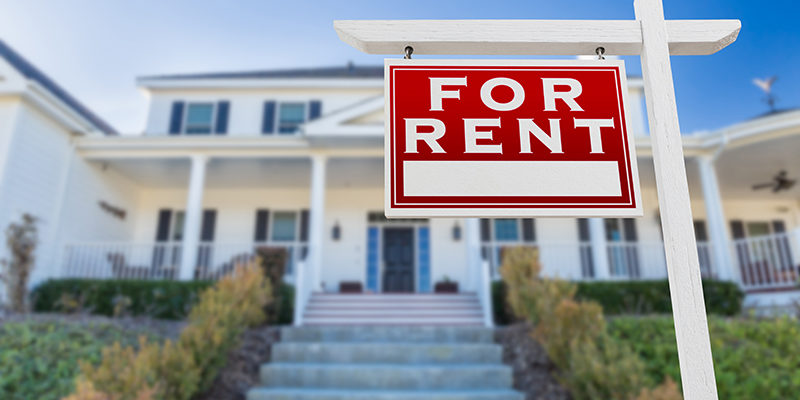Many homeowners in the US are looking to move but struggling to find a buyer for their home, and even more people are trying to find ways to increase their income. A possible solution to both scenarios is to rent out a property to cover at least some of the mortgage costs. While plenty of people are able to generate a significant amount of money through property rental (often passively with minimal hassle), it’s not something to be entered into rashly. If you are considering renting out a property, here are seven things you need to know before you take the plunge.
- Do background checks on all tenants
Finding tenants who will respect your property and pay their rent on time is a critical concern, which means it’s crucial to do the necessary checks before you sign a lease with anyone. You can advertise your property in local papers and online, but you may feel more comfortable getting recommendations from friends, colleagues, or family.
Each potential tenant should complete an application form with their necessary information (including social security number, employment status, and salary) and references from prior landlords. They will need to give you permission to check their credit report and criminal records. There are online agencies that can carry out these checks for you, but you should ensure they are Better Business Bureau accredited.
2. Work out how much rent to charge
Deciding how much rent to charge should not simply be a case of covering your mortgage as you need to research the average rental prices in the area for similar properties. If you set your rent too high, you may not be able to find a tenant.
3. Always draw up an official lease agreement
When you have chosen a tenant, you need to have a lease agreement in writing so that both you and the tenant have a clear understanding of their responsibilities and rights. It should comply with rental, housing and insurance laws in your state, so it’s often best to seek the advice of a lawyer who can ensure you’ve covered all eventualities. The lease should include:
- Names of all tenants
- Terms of the lease including duration, e.g. 6-12 months or a rolling month-to-month agreement
- The security deposit due (this is usually at least one month’s rent)
- When the rent is due and any late fees applicable
- Who is responsible for maintenance/repairs, e.g., gardening
- Whether pets are allowed
- Behavioral conditions such as not smoking in the property, not making excessive noise or engaging anti-social behavior
- Grounds for eviction, e.g., non-payment of rent or damage to the property
- Cleaning required at the end of the lease
.4. Understand your responsibilities as a landlord
Landlords have several legal obligations to their tenants, but the landlord tenant laws in each state vary. For example, you may need to ensure that any heating and ventilation systems are checked for safety on an annual basis and carry out a legionella risk assessment on the property’s water.
5. Get the right insurance
It’s incredibly important that you protect your property with the right insurance policy. Your usual homeowner insurance will not cover you when renting out your property to a tenant. Specifically, it also needs to include fire insurance, which covers the home’s structure, legal fees, medical costs, and potential loss of income. You will not be liable for the value of the tenant’s belongings, so they will need to take out their own renter’s insurance policy.
6. Consider hiring a management company
A property management company can provide two primary services: finding you an appropriate tenant (including advertising and conducting a background check) and managing the property on your behalf. It includes collecting the rent money and any late fees, arranging repairs and managing evictions. Using a property management company enables you to stay emotionally disconnected from your tenants and avoid any awkwardness or confrontations when you need to collect rent, charge late fees or evict them. (unionsquarepractice.com)
A property management company should be licensed with the National Association of Residential windows with Property Managers (NARPM). To find a property manager in your area, visit the NARPM website.
7. Prepare for the possibility of needing to evict
It’s possible that at some point, you may need to evict a tenant. Unfortunately, when you no longer want someone in your property, you can’t simply kick them out. You will need a lawyer to guide you through the legal processes involved. If the tenant will not move out willingly, the sheriff will need to become involved.



















